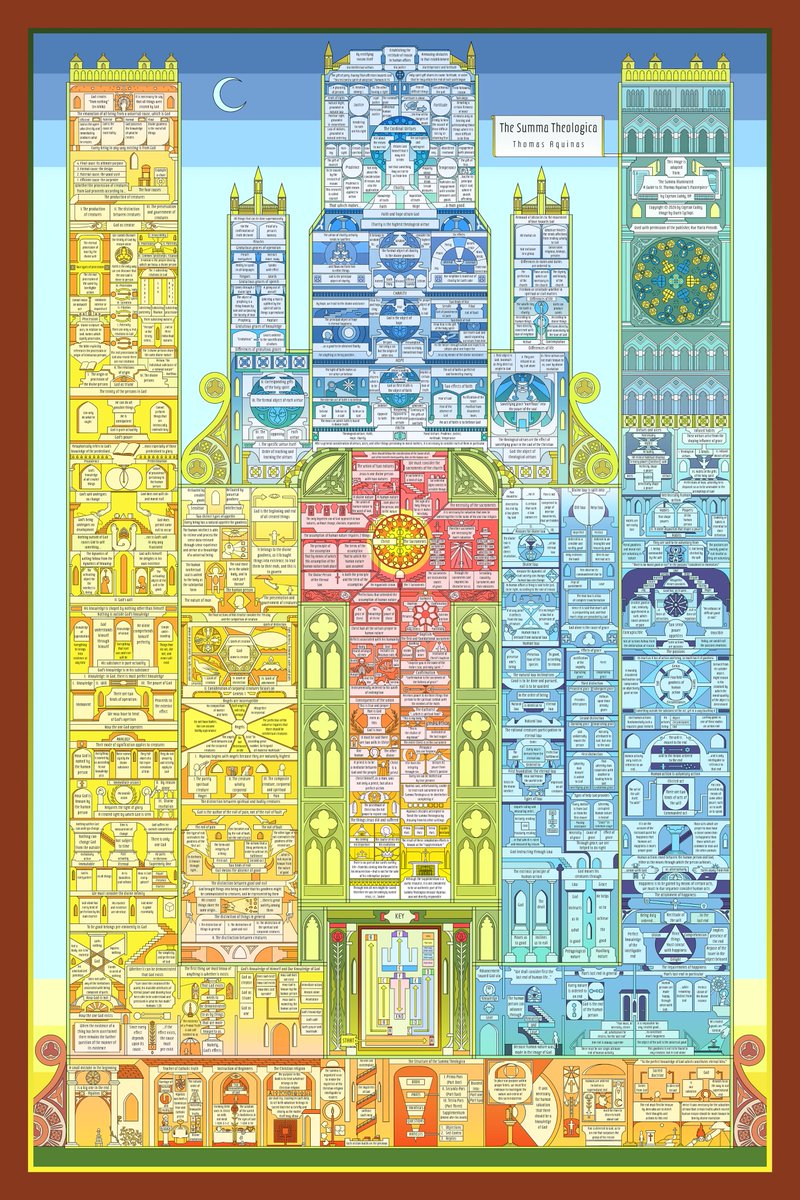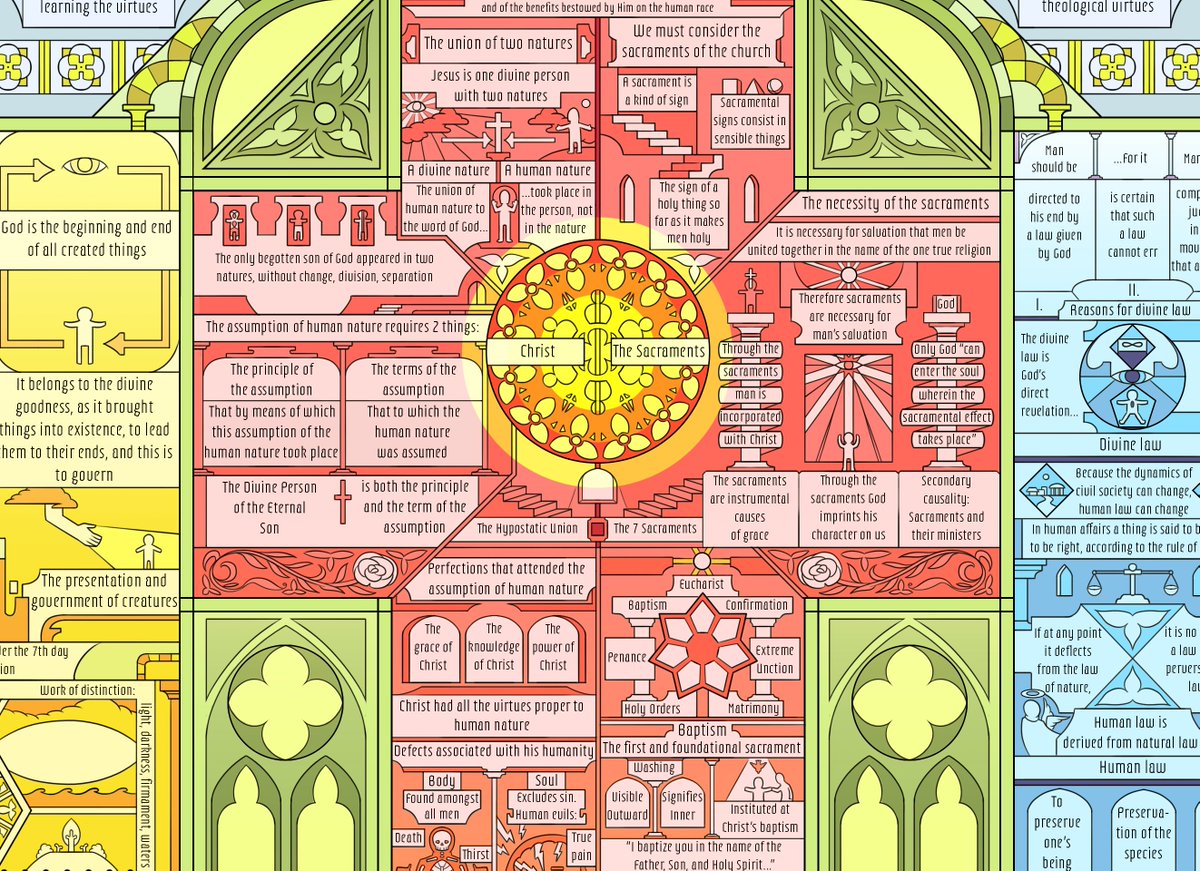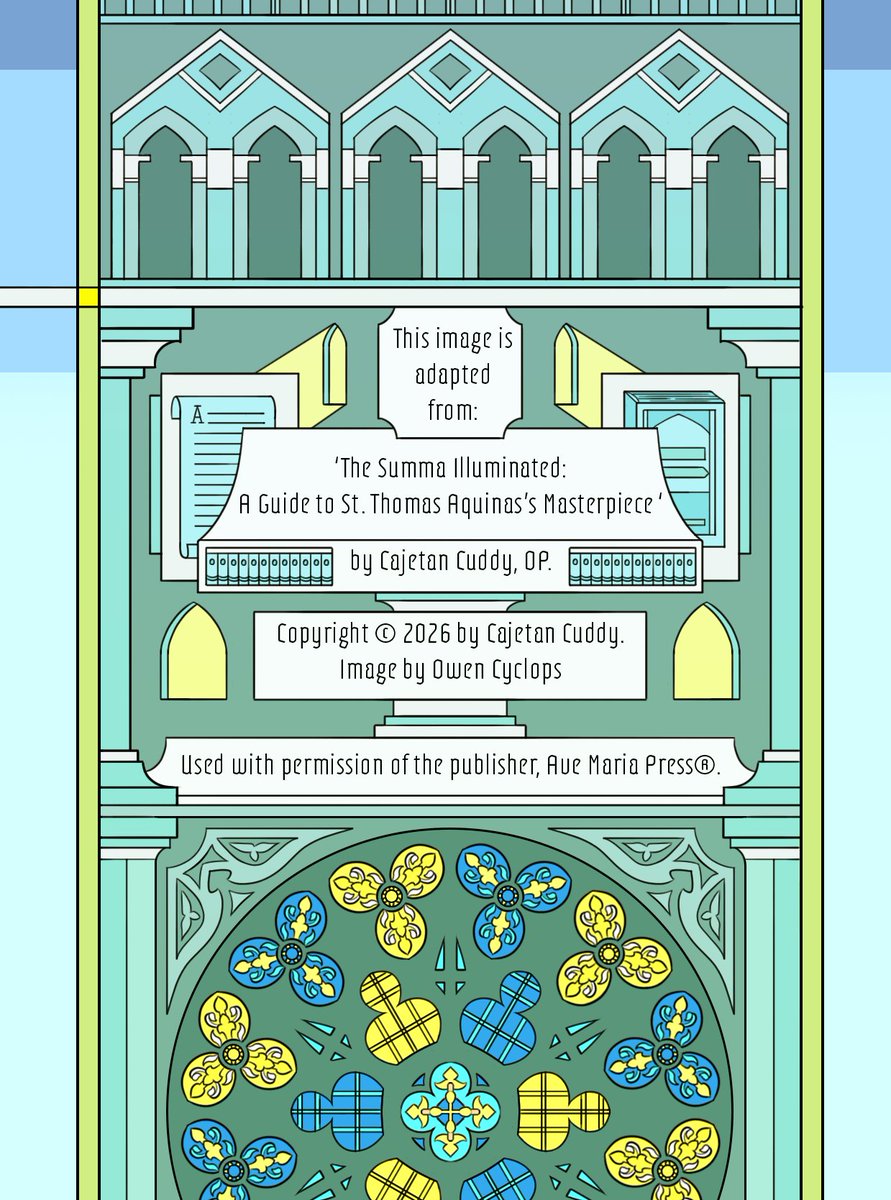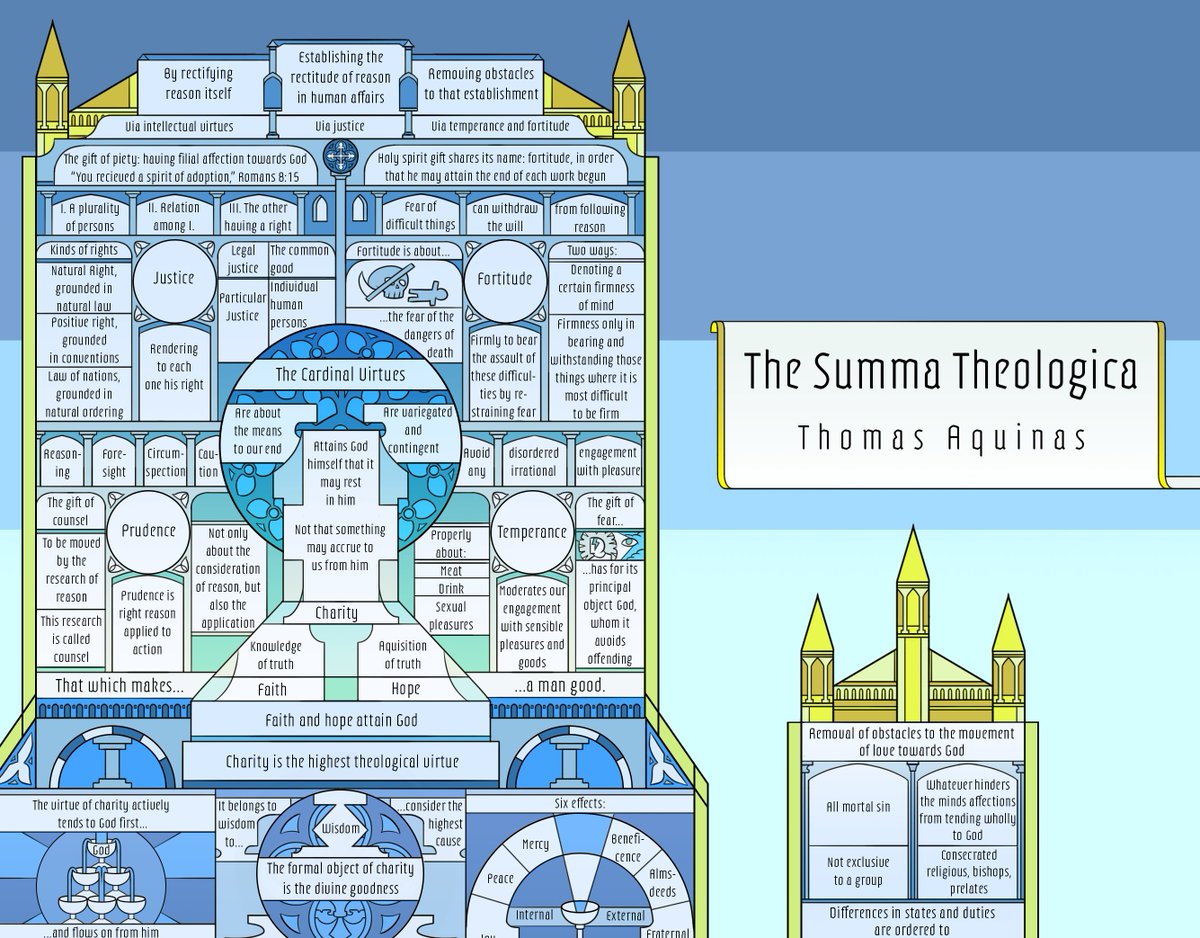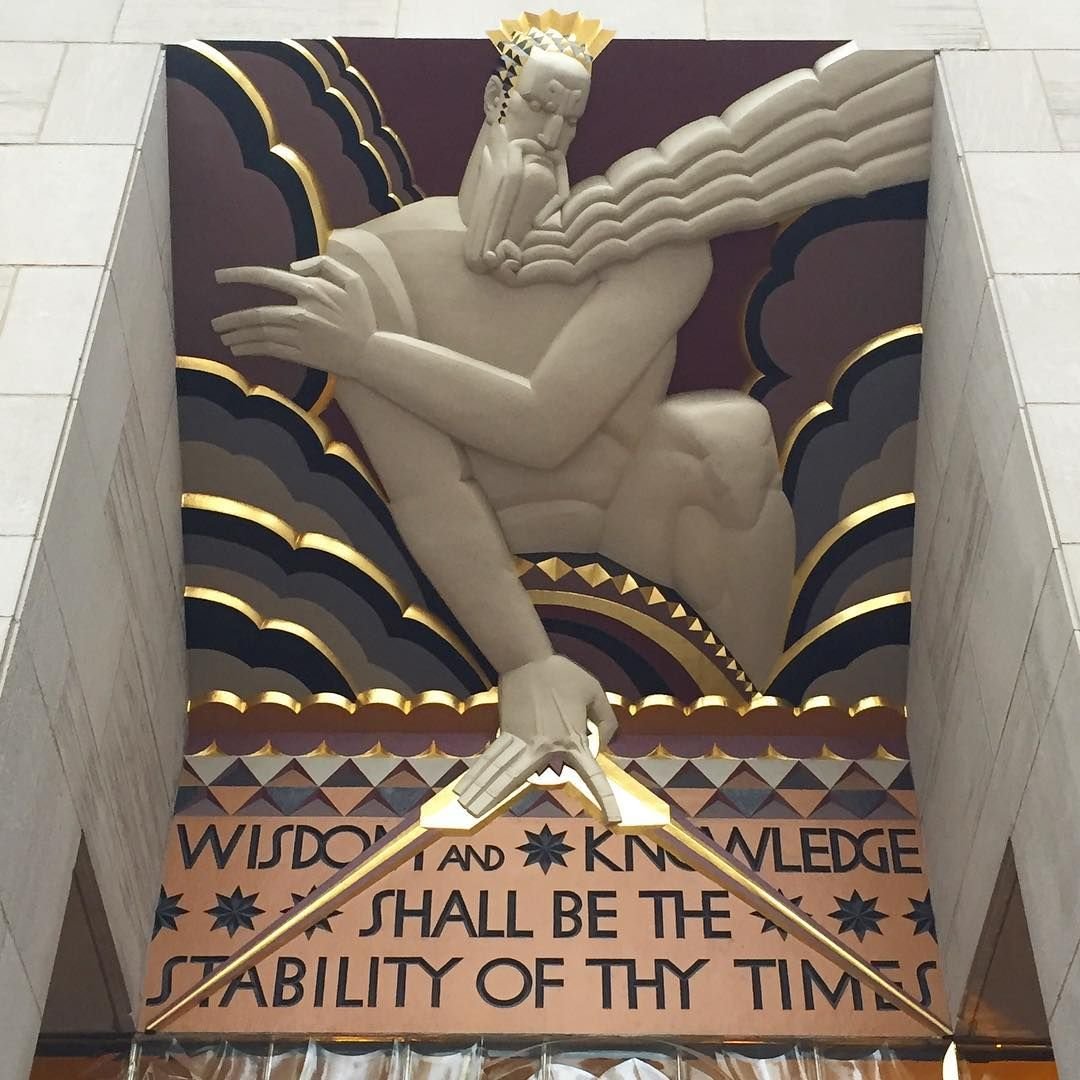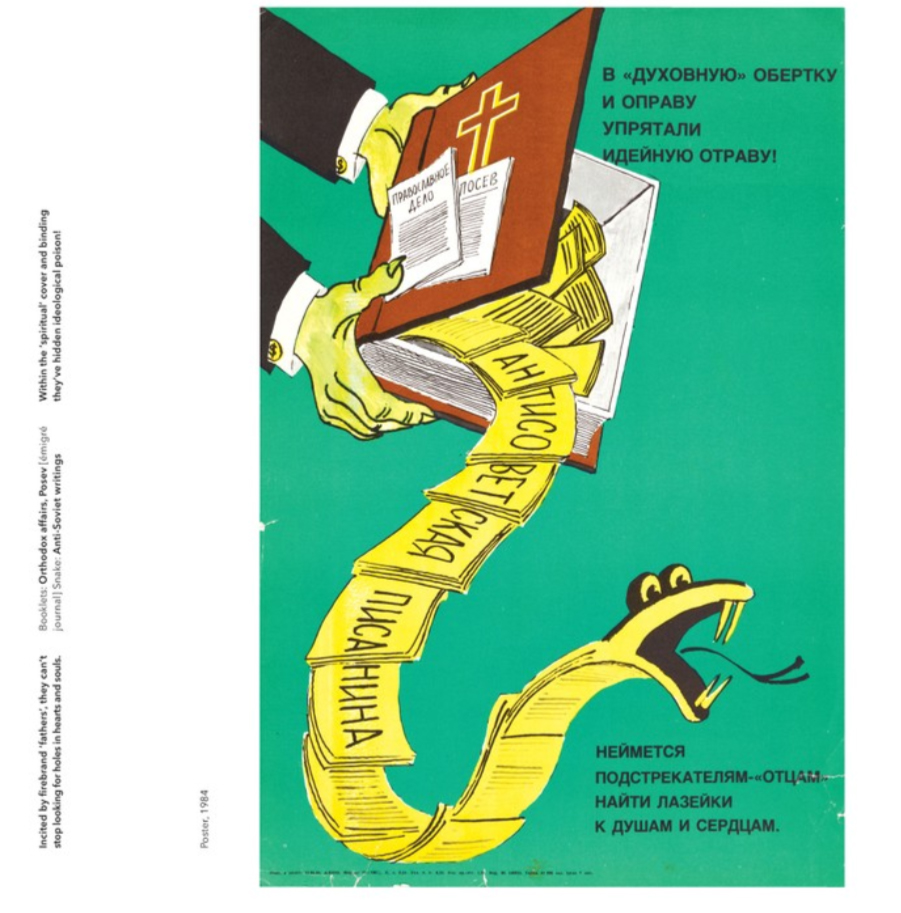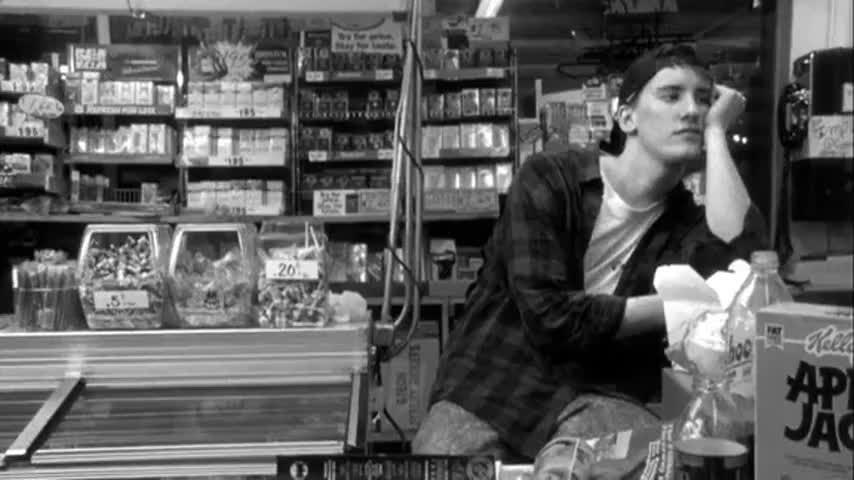of course this will be bad, but i feel the need to comment specifically on why, pre-emptively.
although it reads like the 'to be fair, you have to have a very high IQ' rick and morty post, its easy to misunderstand king of the hill.
its not a sitcom, or a comedy.
[...]
although it reads like the 'to be fair, you have to have a very high IQ' rick and morty post, its easy to misunderstand king of the hill.
its not a sitcom, or a comedy.
[...]
https://twitter.com/DiscussingFilm/status/1766516978833907720
theres a joke online that "KOTH is a slice of life anime". this intuits something true about the show. the inspiration for king of the hill was 'do the right thing' by spike lee, specifically the way in which that film depicts daily life in a specific neighborhood and place:




its filed as a comedy because it happens to be funny, but its not "a comedy" like the simpsons.
this misunderstanding about its nature extended even to the network that aired it. early in its launch FOX tied it into nascar cross promotions. i believe this is an image from one:
this misunderstanding about its nature extended even to the network that aired it. early in its launch FOX tied it into nascar cross promotions. i believe this is an image from one:

on the surface, this makes sense. this is like the simpsons, but about texas. so people that watch nascar will like it.
but, they really didnt. because thats not what it is. as stupid as it sounds, its actually just an artistic depiction of a place and time:
but, they really didnt. because thats not what it is. as stupid as it sounds, its actually just an artistic depiction of a place and time:

likewise, its not really a sitcom either.
if you watch the early seasons, lots of things happen that never reset or get resolved. for example, buckley dies (and returns as an angel) (swedenborg moment btw). after that, he's just dead. theres a lot of things like that.
if you watch the early seasons, lots of things happen that never reset or get resolved. for example, buckley dies (and returns as an angel) (swedenborg moment btw). after that, he's just dead. theres a lot of things like that.

this was so antithetical to the nature of a sitcom and network TV programming that the network asked them to stop doing stuff like this, because it got too confusing when they re-aired the episodes out of order.
so, it became a sitcom. but thats also not what it is, internally.
so, it became a sitcom. but thats also not what it is, internally.

part of why the show is interesting is because it could really only be made at that time. i was working with a guy once, and he asked me about shows i like, so i mentioned KOTH, and he said
i just don't get it. is it supposed to be funny?
thats the point. yes, but incidentally
i just don't get it. is it supposed to be funny?
thats the point. yes, but incidentally

sidenote: i drew this many years ago and then was mentioned by name on a two hour long king of the hill podcast (check my credentials) 

not making any strictly political assertions about the shows conclusions but may drop some relevant lore if it comes up


https://twitter.com/cropguardian/status/1769812886149312614


• • •
Missing some Tweet in this thread? You can try to
force a refresh




